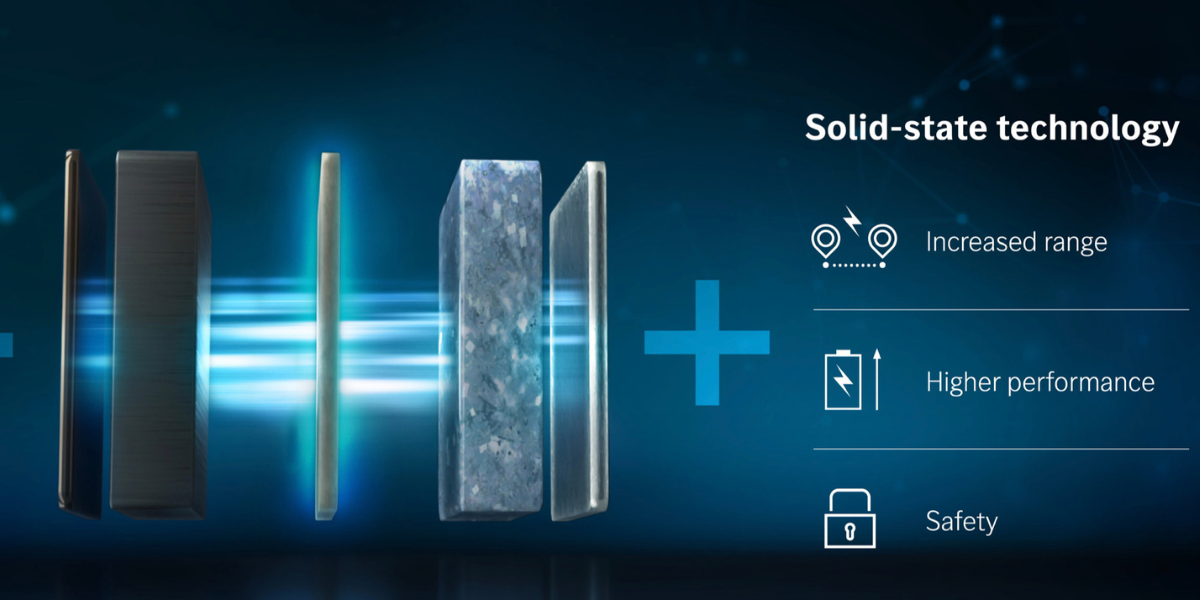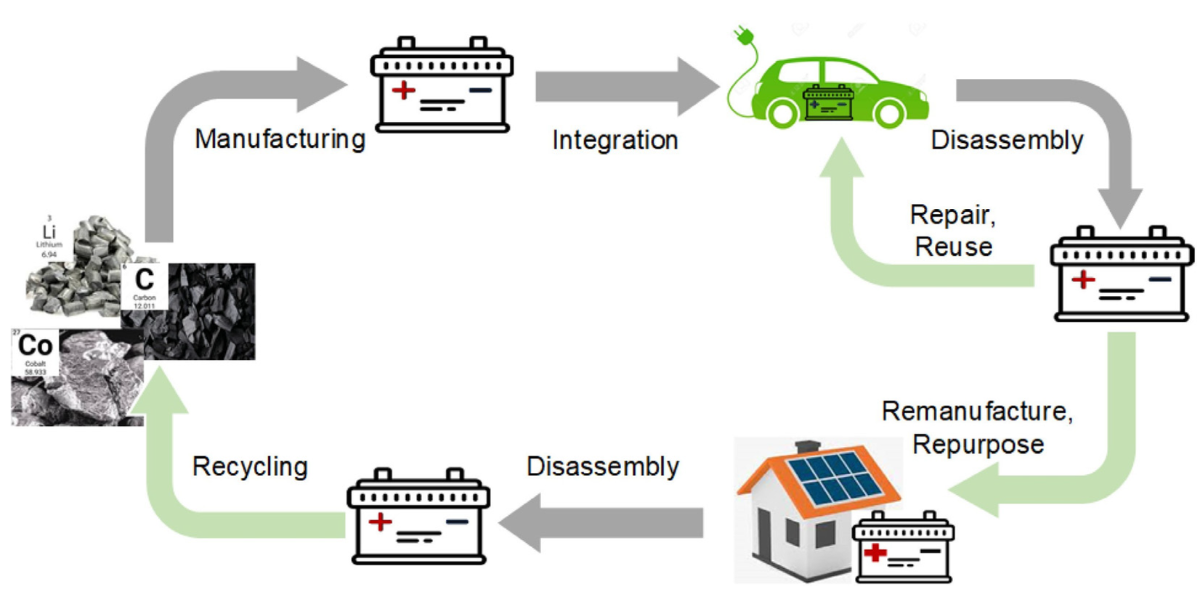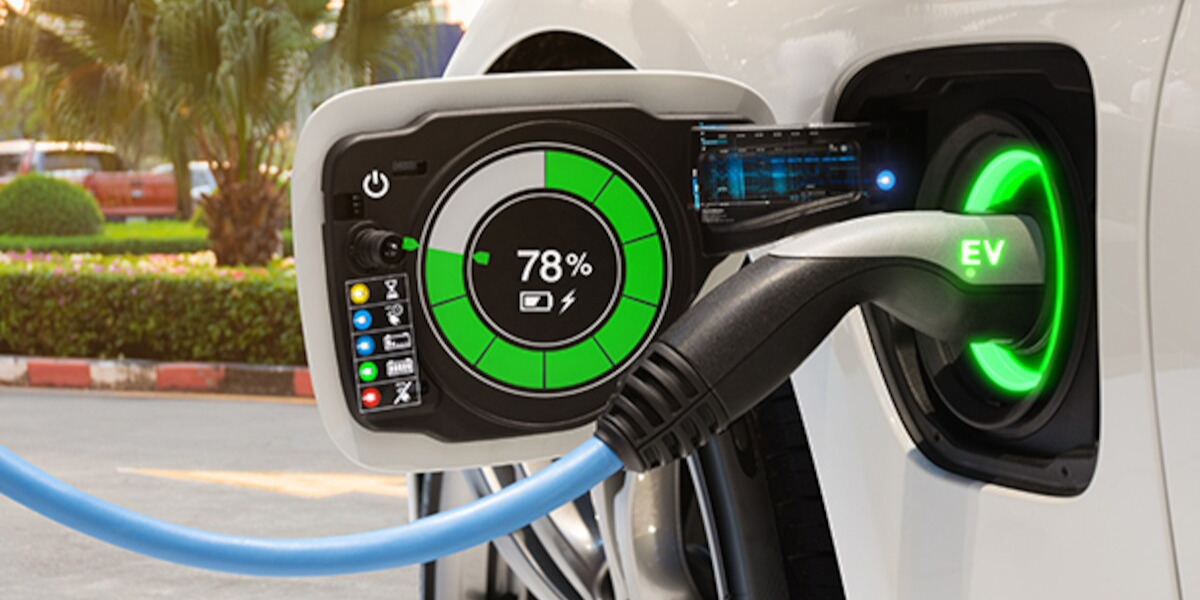The diesel ban is not what it seems
It was interesting and encouraging to read FIRM’s view (ReMaTecNews October/November) on the future of diesel engines – a scientifically-backed proposition reassuringly stating that the combustion engine will still stake a claim in the world 23 years from now. Back to the present, the implications for engine remanufacturing post-diesel and the shift to electric vehicles and hybrids are at best woolly but one thing is clear - it isn’t going to happen in the way people think. With news that the UK government plans to ban sole petrol and diesel engine cars from 2040, I stressed at FER’s recent AGM that the federation will look at how its members are gearing up for the future. We do need to strive to ensure a prosperous future for our members, particularly considering how legislation is reshaping the nature of our industry. More investigation must be carried out to explore the root of the emissions and pollution problem, rather than just attributing it to diesel vehicles. As FIRM stated, today’s technology level ensures compliance with emission value limits, which weakens the argument for diesel engines being the catalyst for climate concern. What’s more, manufacturing processes are making vehicles cleaner so new, cleaner diesel engines are completely viable. Rebuilding an engine also has its green credentials. Let’s put the spotlight back on electric vehicles and hybrids for a moment. The more complex the vehicle, the more potential for problems. That said, engines are downsizing but there is a lack of information about the new technologies. And just how exactly will 35 million vehicles suddenly connect to the grid? The government needs to give further consideration to the huge infrastructure investment that will be required to install charging stations nationwide. Another big challenge for the proposed change will be commercial vehicles. More than 90% of CVs are diesel and currently there are only limited alternatives available. However, conversely, this presents an opportunity, as remanufactured engines can help make commercial vehicles run more efficiently. Similarly with rail, as plans to electrify railways from diesel have now been scrapped, and instead trains are to be fitted with diesel engines to run on non-electrified lines, so the future for diesel gains momentum. Make no bones about it, we are getting our house in order to oppose these plans. This is no black and white scenario: there are far too many grey areas and there is a worrying degree of uncertainty.
John Gray, president, FER
Share your remanufacturing stories with us
Do you have an innovation, research results or an other interesting topic you would like to share with the remanufacturing industry? The Rematec website and social media channels are a great platform to showcase your stories!
Please contact our Brand Marketing Manager.
Are you an Rematec exhibitor?
Make sure you add your latest press releases to your Company Profile in the Exhibitor Portal for free exposure.



